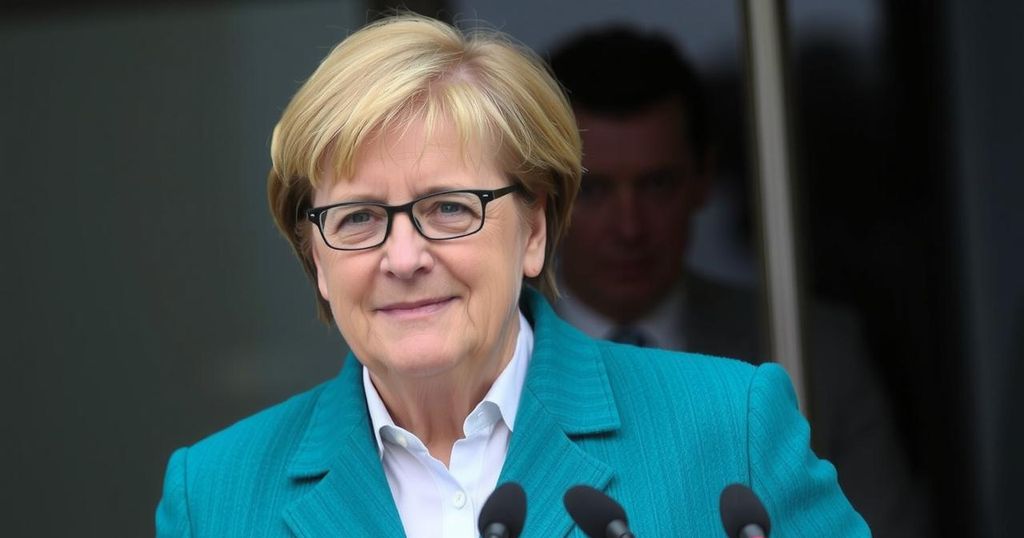German Chancellor Olaf Scholz has lost a confidence vote, leading to early elections on February 23 due to the collapse of his coalition government. The decision follows disputes over fiscal policy and adequate investment in infrastructure, with substantial challenges presented by opposition parties. Scholz’s future electoral strategy hinges on presenting a clear choice for voters between growth and austerity.
In a seismic political shift, German Chancellor Olaf Scholz has lost a confidence vote in the Bundestag, prompting the need for snap elections set for February 23, seven months earlier than originally planned. The confidence vote highlighted the fragility of Scholz’s coalition, which disintegrated following internal conflicts over fiscal policy, particularly after the departure of Finance Minister Christian Lindner and his pro-business Free Democrats party. Scholz’s Social Democrats (SPD) and the Greens will govern without parliamentary support until a new government can be established.
This political crisis arises amid critical disagreements regarding government spending and investment strategies. Chancellor Scholz, who advocates for increased investments to repair a failing infrastructure, accused the Free Democrats of obstructing essential funding. In light of the upcoming elections, he presents this moment as a pivotal choice between a future grounded in growth versus austerity. Scholz expressed determination to avoid spending cuts advocated by conservative opponents while emphasizing the urgency of reaffirming Germany’s economic resilience.
During a preceding debate, Scholz confronted Friedrich Merz, the leader of the conservative Christian Democratic Union, arguing, “Shortsightedness might save money in the short term, but the mortgage on our future is unaffordable.” The dynamics of the election appear challenging for Scholz, as polls indicate a significant lead for the conservatives and a competitive race with the far-right Alternative for Germany (AfD) party. Additionally, mainstream parties have consistently shunned alliances with the AfD, complicating future parliamentary collaborations.
In anticipation of the elections, Chancellor Scholz has proposed several immediate fiscal measures, including tax reductions amounting to 11 billion euros and increased child benefits, seeking to bolster his appeal among voters.
The current political landscape in Germany has been shaken by the loss of confidence in Chancellor Olaf Scholz, highlighting the challenges faced by coalition governments amidst internal party disagreements. The departure of key coalition partners significantly weakened Scholz’s position, prompting a call for early elections. This situation reflects broader tensions within European politics, particularly in addressing fiscal priorities and government investment strategies against a backdrop of economic recovery and growth.
The political landscape in Germany is poised for significant changes following Chancellor Olaf Scholz’s loss of a confidence vote, leading to early elections. As Scholz emphasizes the importance of investments over austerity, the outcome of the elections may allow voters to decide the future direction of Germany’s economic policies, with substantial implications for the country and the European Union.
Original Source: www.aljazeera.com







